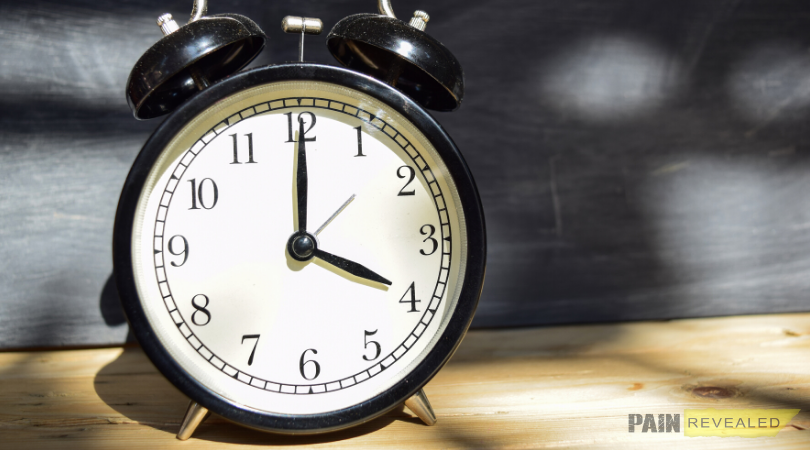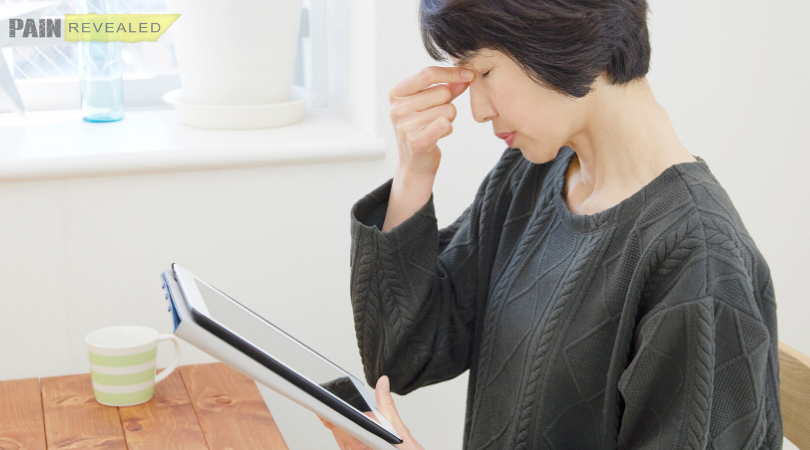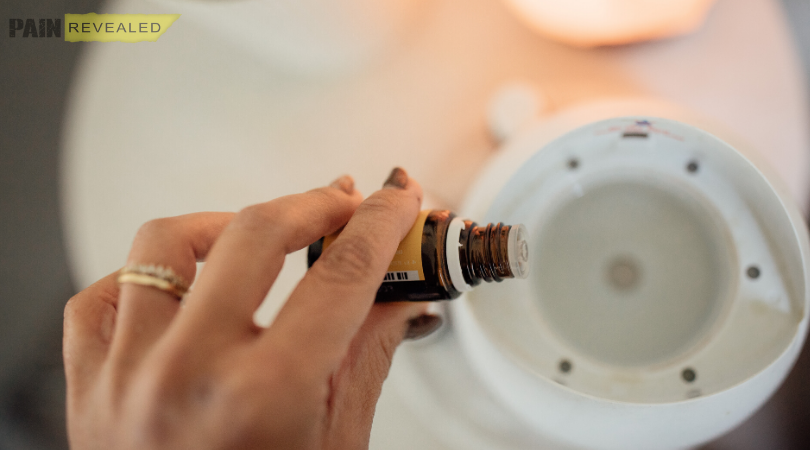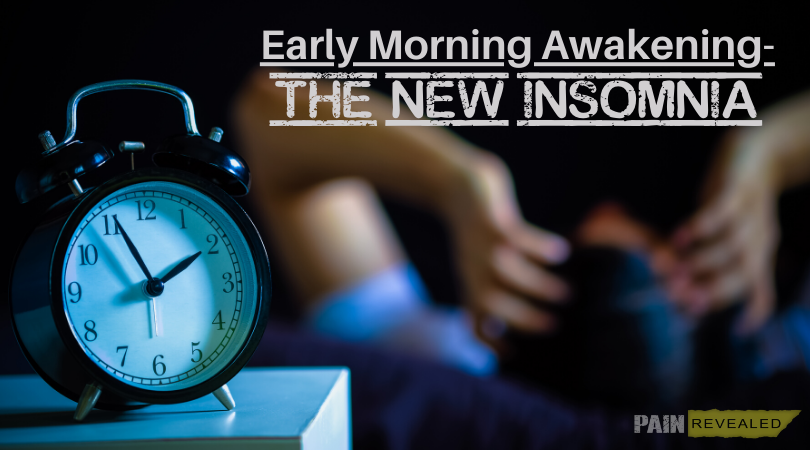Becky rolled over in bed. “Oh not again,” she lamented. She reached for her phone… 4 am.
The mere act of seeing the time sent a ripple of anxiety through her. She’d had just enough sleep that she wouldn’t be able to drift back off, but it was way too early to be up.
Another day of exhaustion loomed, and she had so much to do. Her long to-do list intruded on her thoughts, and in frustration, she turned on the phone again.

Social media… news… emails… well, that was a mistake because nothing there brightened her mood or offered anything positive!
Identifying the Problem
Sounds familiar? Maybe you get to sleep easily, but your problem is staying asleep or getting a full night of sleep. You are not alone, and there is a name for it: sleep maintenance insomnia.
Sleep maintenance insomnia disrupts your rest, adds to your stress, and decreases your productivity and well being.
If this problem is fairly new to you, there’s a reason. Sleep maintenance insomnia is far more likely to show up during middle age. Difficulty falling asleep when first going to bed is more likely to plague younger people.
Digging in to the Causes
Why is this happening to you? There are several possible reasons. For women, who are disproportionately impacted by this sleep disorder, it may be changing hormones. This could be a call to get with a healthcare practitioner about addressing the problem.

Our sleep cycles also change as we get older, and sleep requirements decrease. For these people, staying up a little later may be the solution.
Also high on the list of probable causes are anxiety and depression. In fact, early morning awakening is a hallmark sign of depression in adults. And with everything going on in the world, depression and anxiety are notably on the rise.
There are Things that can Help
So what can be done? As mentioned, a visit with your trusted healthcare practitioner may be in order to address hormonal issues, serious depression, or other possible medical causes such as sleep apnea.
Basic sleep hygiene will also help: use blackout curtains, eliminate sources of light in the room, cut back on caffeine, and avoid reaching for the phone to check the time. By all means, stay away from news and social media that get your adrenaline going.
One issue to look into is supplementing with magnesium, which can help you relax, and will even optimize your body’s use of melatonin. Herbal supplements may also be helpful, such as valerian, hops, lemon balm, tulsi, and passionflower. A quality time-release melatonin may do the trick.
Numerous supplements can provide hormonal support to women, including black cohosh, maca, dong quai, and evening primrose oil.
Talk with a trusted health food store merchant about options that they offer and products from reliable and reputable manufacturers.

Essential oils can also be of great benefit, so try faithful standbys such as lavender and passionflower, or other effective options such as marjoram, Roman chamomile, lemon balm, and ylang-ylang.
Diffuse oils at bedtime, or if you have a diffuser with a timer, have it set to diffuse before your usual time to awaken. Alternately, keep an oil inhaler by your bedside to use upon awakening, and even put a few drops of oil on your pillowcase.
Sleep maintenance insomnia is a management issue that may require a little digging on your part to get to the bottom of. With some persistence, you should be able to enjoy better sleep most nights, and face your days more rested and refreshed.

